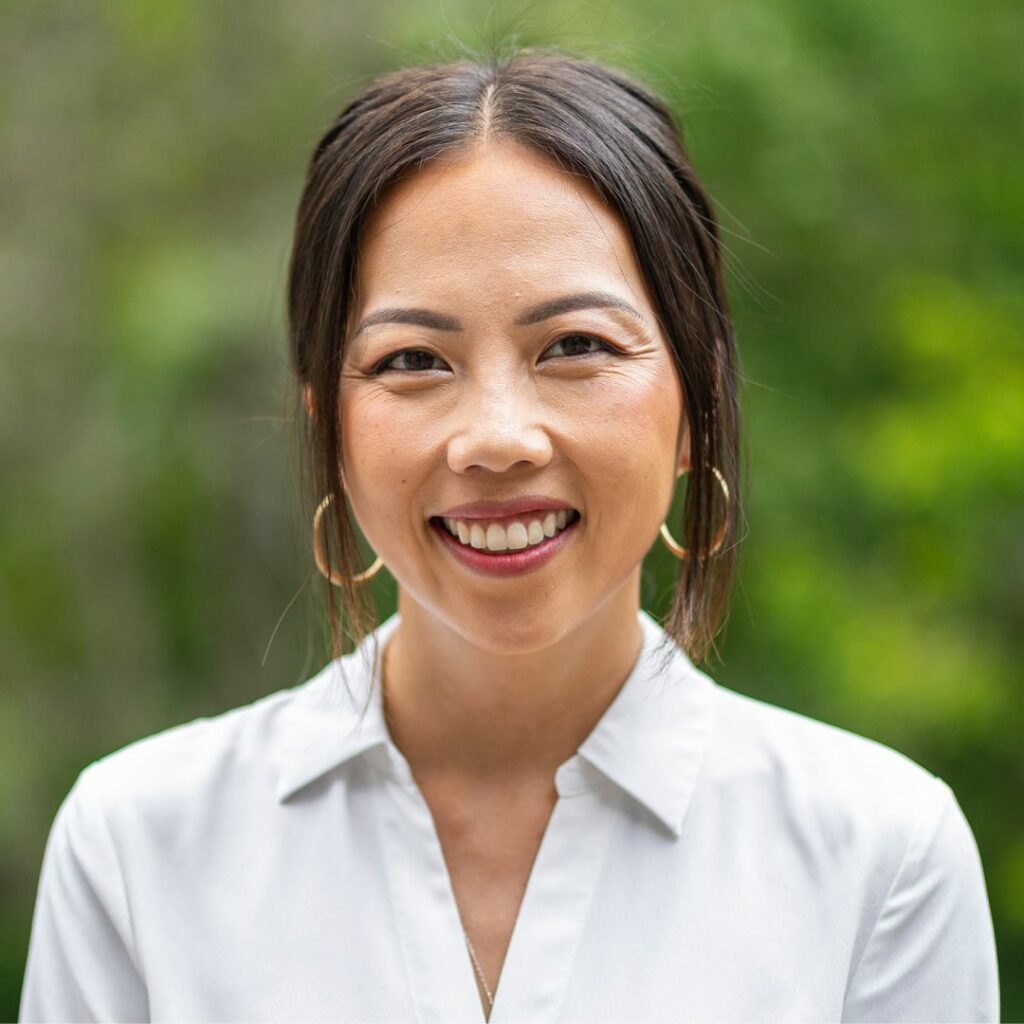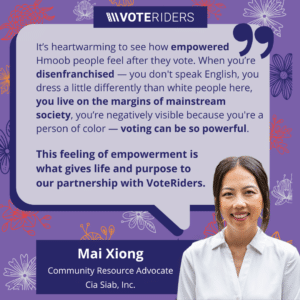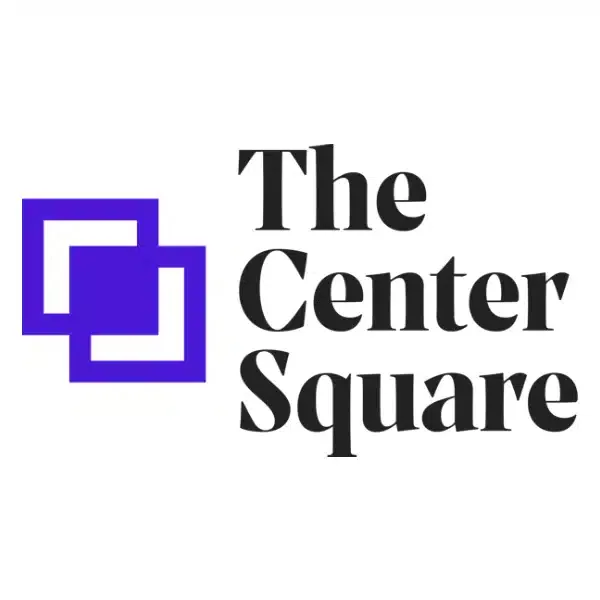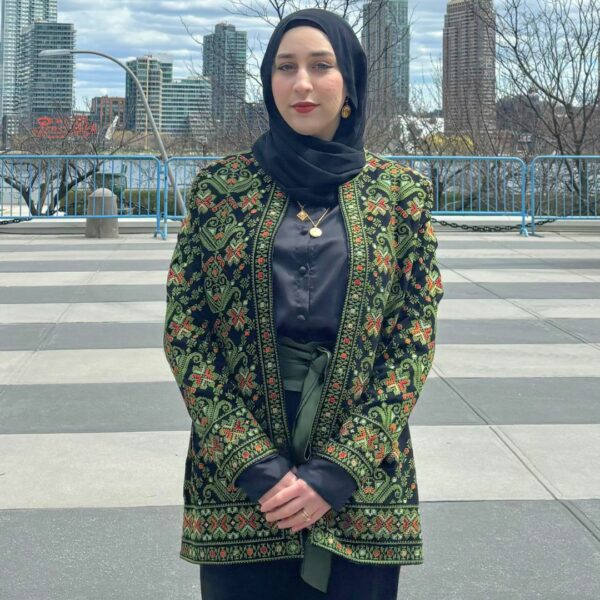
Empowering Hmoob Voters This AANHPI Heritage Month & Beyond
In honor of AANHPI Heritage Month, VoteRiders Digital Communications Coordinator Erin Carden spoke with Cia Siab Community Resource Advocate Mai Xiong about their organizations’ combined efforts to increase voter engagement and representation within the Hmoob community in La Crosse, Wisconsin. — MAY 23, 2024
Tell me about yourself and your role at Cia Siab.
My name is Maij — I use she/her pronouns. I’ve worked in gender-based violence for probably a little bit over a decade now, but I’m trained as a librarian. I have a dual Master’s in Library and Information Science and Gender and Women’s Studies and I’m pursuing my doctorate in First Nations Education at the University of Wisconsin-Green Bay.
I work at Cia Siab, Inc. as a Community Resource Advocate “Cia siab” means “hope” in Hmong. I coordinate our anti-Hmoob violence prevention work. This year, I’m also folding our democracy work into anti-Hmoob violence work, focusing on our civic engagement and violence prevention.
What is Cia Siab’s mission and what are some of your key initiatives for 2024?
Our mission is to advocate for the Hmoob community through holistic support services focused on the Hmoob language and culture. In line with that mission, some of our initiatives for 2024 include recruiting Hmoob and English speakers to be poll workers throughout the City of La Crosse. We’re also recruiting young and bilingual Hmoob and English volunteers to do phone banking, canvassing, and other democracy work to help Hmoob folks in La Crosse County get out the vote. The intent here is that in working with young people, we’re passing on community-building skills so our efforts can be sustainable in the future.
Secondly, we focused a lot on educating Hmoob voters ahead of the April 2nd Presidential Primary. All sorts of voter education materials are translated via text, but a big problem we run into is the lack of oral Hmoob language materials. Hmoob people, we come from an oral culture. Nobody’s going to read two pages worth of translated materials from English into Hmoob — materials that were probably translated poorly to begin with anyway. So this year we’re focused on creating reusable oral voter education content ahead of elections.
For example, I’m in the process of creating short videos in Hmoob on how to correctly fill out a ballot because we realized that a lot of our community members — especially those who didn’t go through K-12 schooling here — weren’t filling their ballot out correctly. Filling in that bubble is a Western practice. It’s part of the K-12 public education system, related to the No Child Left Behind Act and standardized testing.
You have to have exposure to standardized testing to know how you’re supposed to fill in the ballot bubble. Otherwise, you’re just going to check the bubble or circle who you’re going to vote for.
We need to learn more about the Hmoob community, their needs, where they’re coming from, the framework they utilize when they’re trying to be civically engaged — and the cultural barriers in place that prevent them from doing that. So we’re creating reusable video content that can be used for multiple elections — not just this year’s elections.
How is Cia Siab celebrating AANHPI Heritage Month?
It’s important to celebrate AANHPI heritage every day, but there are two big ways we’re celebrating this month in particular. Our La Crosse County Board passed the Hmoob American Day proclamation on May 14. Historically, May 14 is also Hmoob-Laos Veterans Day which marks the last day in 1975 that Hoomb and Lao veterans were airlifted out of Laos during the United States’ “secret war,” otherwise known as the Laotian Civil War. As a whole, it feels good to be acknowledged — albeit it had to be years until Hmoob American Day became acknowledged, but that’s progress nevertheless.
We also partnered with two local Hmoob organizations to hold a big event on May 18 here in La Crosse to celebrate Hmoob American Day. It was a big, fun event where elders, adults, parents, and children socialized, celebrated their Hmoob heritage, and had fun while getting connected with local resources and services — like voter education.
What is driving Hmoob voters in Wisconsin to the polls this year?
As I’ve been coordinating our civic engagement work I’ve noticed that for many people, the state and national elections are very unexciting this year because of the candidates. The overall unexcited energy has made it very challenging to do get-out-the-vote work. It has been difficult to get even our young Hmoob voters — who are usually very easy to engage — excited. We’ll see what changes later this summer as the August 13th State Primary and Congressional House District Special Elections come around.

The issues that Hmoob voters care about most have to do with the day-to-day precarity that this community faces — housing needs, food insecurity, public assistance, and the conditions of our roads and our parks.
The day-to-day quality of life issues are very important — these are the issues that make elections tangible and show voters how important it is that they go vote.
I haven’t heard any Hmoob voters talk about immigration, which has been really surprising. I think the reason for that is that their own day-to-day survival is so important and these other issues seem so far away.
Our clients actually help us do a lot of our civic engagement work. We do voter education with them and then they do the relational organizing for us. They’ll go back home and talk with their aunties and uncles and children who will then come and talk with us about the local elections, the people we can vote into local office, and the power they have.
What do you say to voters who feel like their vote doesn’t matter?
When I hear that — and I hear that a lot while doing voter registration work and taking people to the polls — I say two things. First, I say, “These elected officials work for you. You have much more power than they do because they rely on you to get into office.“ Sometimes when we think of elected officials, we place them on a pedestal instead of thinking of them as a public servant who has a duty to their constituents.
If they’re older and they lived in Laos and the refugee camps in Thailand after the “secret war” ended in 1975, I’ll remind them of what it meant to be an ethnic minority in Laos or Thailand where they didn’t have the right to vote, where their life circumstances were contingent on the whims of royal families or a government that wasn’t held accountable to its people. I think the lived experience of being a war refugee really makes that connection for them and then they see like, “Yes, I should go vote because even if I feel like my vote doesn’t matter in this election, voting as a symbol of how far I’ve come matters.”
What are some of the typical challenges Hmoob voters face when it comes to voting in Wisconsin?
Transportation is a big problem. I have a vehicle and sometimes I forget how much of a privilege that is. Many of our clients — even if they know how to drive — don’t have a vehicle because of racialized poverty. Even public transportation doesn’t meet the needs of our clients who live in La Crosse County, where it’s very rural. The other big challenge is the language barrier.
The language barrier is a challenge right from the very start of getting people registered to vote to when they show up to the polls. The English monolingualism within the entire voting process prevents Hmoob voters from voting in Wisconsin.
The other part is that there’s just an overall fear that when they go vote, they’re going to face voter discrimination and anti-Asian racism at the polls. I’m pretty fluent in English, but even when I go vote, I’m still scared of that. I’m scared a poll worker is going to micro-aggress me or I’m going to run into another voter who is going to say something racist and nobody’s going to be there to say, “You can’t say that.” So just the overall fear of facing racism and discrimination when I’m out in public is a challenge when it comes to voting.
The last thing is that many Hmoob voters don’t know their rights when they go to vote. For example, many people who have disabilities don’t know that if they can’t return their ballot for some reason, they can have a person of their choice return their ballot for them. Many Hmoob voters don’t know that at their polling location, they can ask a poll worker to help them fill out their ballot. People are also afraid to bring in pre-filled sample ballots — ballots that their children helped them fill out to remind them who they’re voting for. So what ends up happening to some people is that they end up voting for the wrong person or like I said before, they’ll circle instead of filling in the bubble and their ballot will be rejected. Many people also don’t know that the ballot is all in English, so sometimes people get confused and they’ll make mistakes — like voting for two candidates.
How are Cia Siab and VoteRiders working together to empower Hmoob voters and make voting more accessible for these communities?
The final big piece of what we’re doing this year is working with VoteRiders to get IDs for Hmoob voters because in Wisconsin, a photo ID is required to vote and voter ID laws disproportionately impact people of color.
We’re delighted about our partnership with VoteRiders. Together we’ve made a huge impact on our community. Voter ID laws are a huge barrier so when we see our community members jump over that barrier, it feels triumphant.
It means a lot to our community members when they find out that they can get an ID to vote — for free — and that someone is going to help them through the process. Even though some of the process is online and you can do it yourself, it’s actually really hard to navigate. Many Hmoob people are afraid to go to the DMV if they need to bring proof of citizenship because as a person of color, especially as an Asian-passing person, xenophobia makes them feel like they’re going to face extra scrutiny. So having a person who is both English and Hmoob, who they know is going to be on their side should they face any kind of difficulties or discrimination, has helped Hmoob people feel like they’re willing to face the inconvenience of getting a new ID. People realize that getting an ID is actually worthwhile because it allows them to vote and fulfill other basic needs.
Also, when we help Hmoob people get a voter ID, we follow up with them. We call them on Election Day and ask them if they’re going to vote if they need someone to provide language assistance at the polls or help with getting transportation there.
We also hold bi-annual food giveaway events that typically draw around 250 to 270 individuals each time and that’s how we conduct a lot of our voter education efforts including educating our community about Wisconsin’s voter ID law and ensuring people get that ID so they can vote and fulfill other daily needs.
It’s heartwarming to see how empowered Hmoob people feel after they vote. When you’re so disenfranchised — you don’t speak English, you dress a little differently than white people here, you live on the margins of mainstream society, you’re negatively visible because you’re a person of color — voting can be so powerful. This feeling of empowerment is what gives life and purpose to our partnership with VoteRiders.



